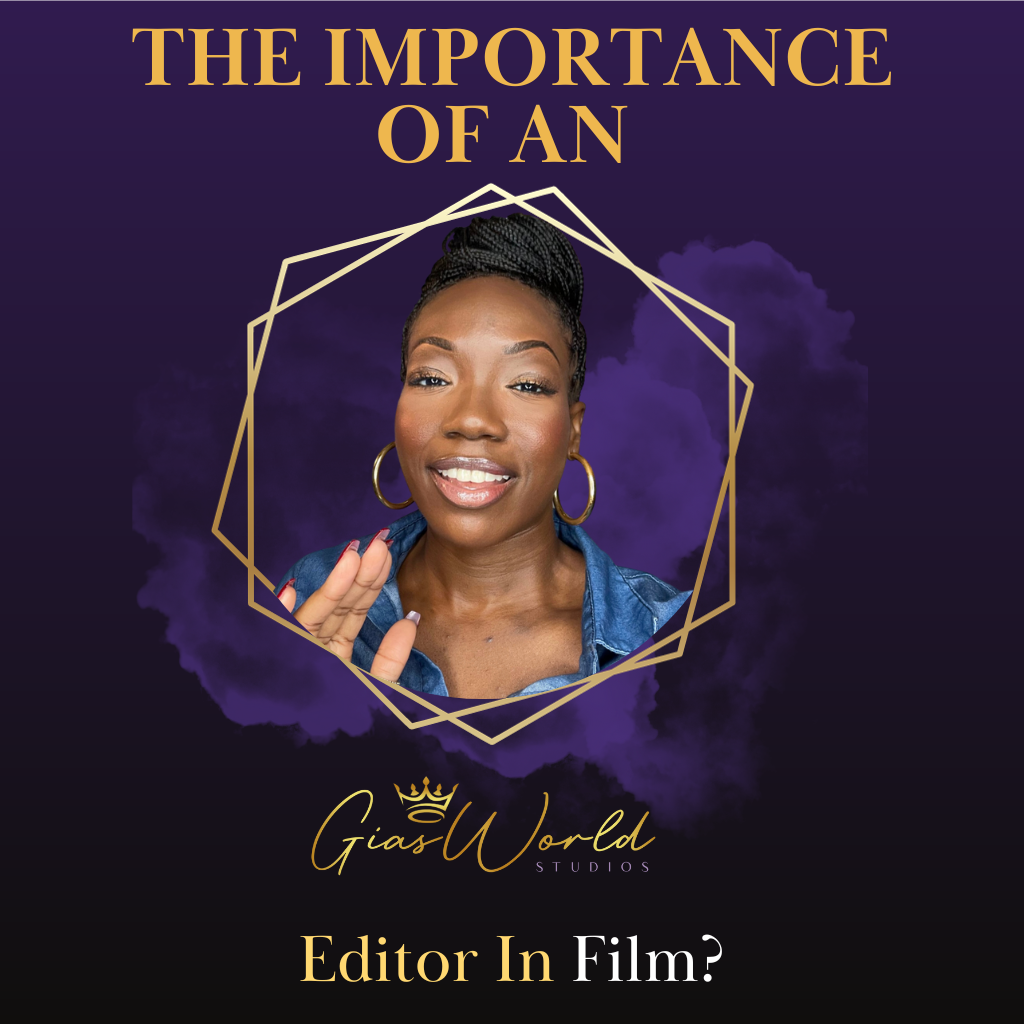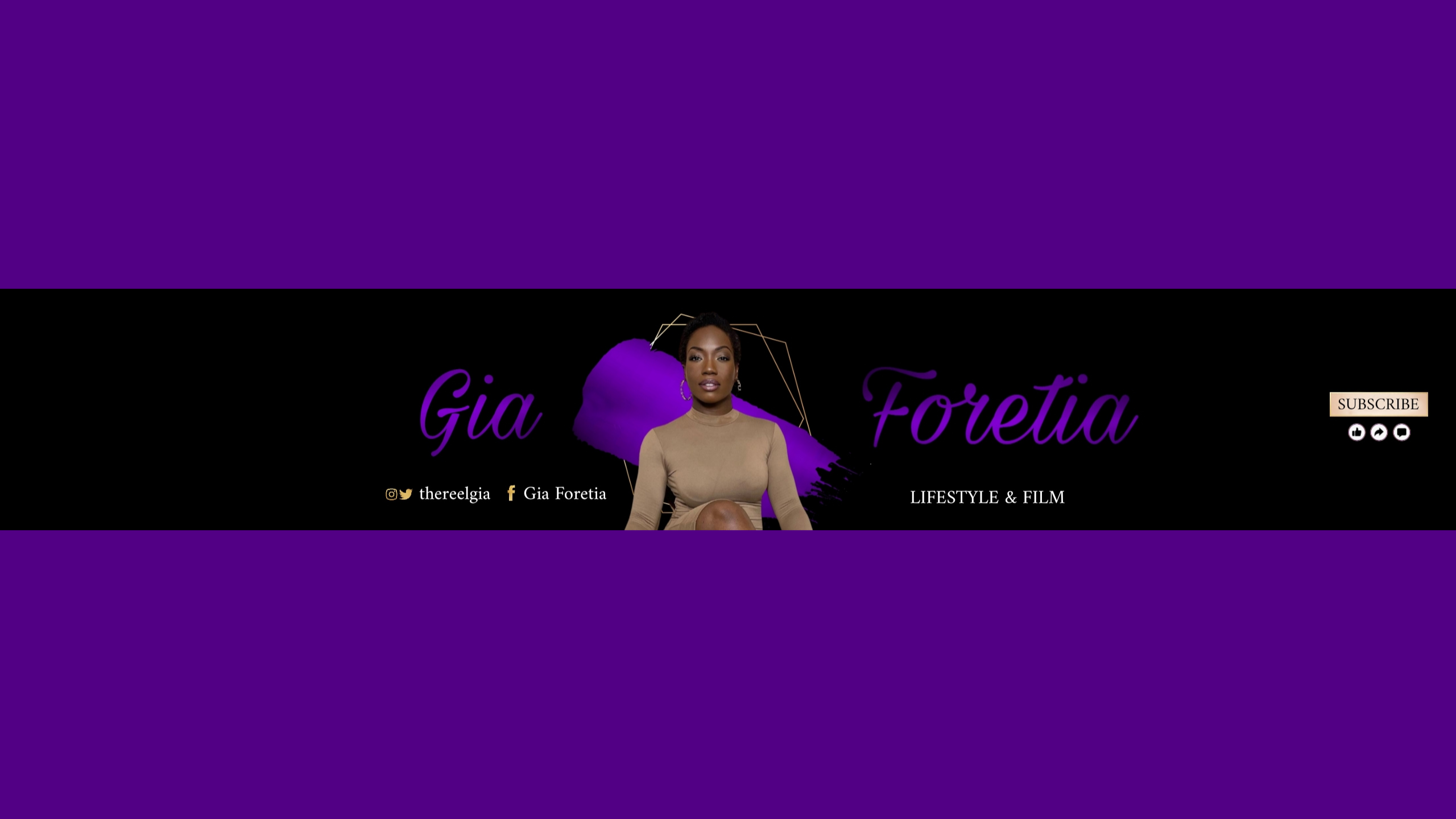The Importance Of An Editor In Film

It doesn’t matter how chaotic a production is. An great film editor can turn the chaos into wine.
About two days or so had passed since I asked the editor if she would accept a barter for my producing services in exchange for her editing services. I was anxious. Bartering is no joke. To ask another person to devote their time to two projects instead of one is no easy task. But I was relieved when she got back to me letting me know that my offer to barter with a 4-week deadline to produce a rough cut sounded completely fair. (Thank Goodness!)
To begin, I gave the new editor access to the script and the Dropbox where all the footage files were stored. She immediately began downloading the footage onto her computer while I worked on our contract agreement. But there was a problem. Her laptop didn’t have enough space to download the over 1 TB worth of 6K footage that we had captured during the shoot. So, she requested a physical copy instead.
This presented another problem. The very first editor still had my physical copy. Although the director and DP also had copies, I didn’t want to take any of theirs because this would leave our team at a further disadvantage of footage control. Having copies in the hands of multiple trusted individuals is the lifeline of a film’s project. So, I decided to get my physical copy back. To assist with communication, my director suggested bringing on a post-production supervisor. Luckily, she had a connection who was willing to come on board for free in exchange for credit on the project. Boy, was she helpful.
Then, the director suggested something else. Instead of the new editor having to wait for a physical copy and start from scratch, why not send her the edited file from the latest rough cut? So, I reached out to the last editor to request the file, but she refused unless certain demands were met. Unfortunately, I couldn’t meet those demands due to contract stipulations/restrictions. Then, I moved forward and asked the first editor to return my physical copy. There was no answer.
To prevent wasted time, I purchased 2 new hard drives. Then, I got the director’s physical copy and made two additional copies of the footage. This way, all three of us, the director, the new editor, and I would all have a copy. Soon enough, the first editor surprisingly responds back agreeing to return my original physical copy. (What a relief!).
I drop off a copy with the new editor and the barter agreement officially began. Over the next few weeks, I helped the editor find a production designer, entertainment attorney, and propose a budget for her short film to assist with some foundations. Then, she finally provided the first rough cut. Nervous and unable to watch it, I sent it to my director and waited for her feedback.
About a day or two later, my director sends me a text saying, “You need to watch the rough-cut ASAP!”.
Other posts you may be interested in:
- Clarity Around A Film’s Rough Cut
- How To Stand Out On A Major Indie Film Set?
- How I Prepared & What To Expect At An Indie Film Premiere?
SPECIAL ANNOUNCEMENT: BLIND JUSTICE WILL BE SCREENING LIVE ON 6/21/24!
Don’t forget to comment below and share the post. Also, keep up by following Gia and Blind Justice (short film) on Instagram and Facebook.
Disclaimer:
The author is not liable for any losses or damages related to actions of failure to act related to the content in this article. If you need specific legal advice, consult with an attorney who specializes in your subject matter and jurisdiction.
Related
Related Posts
How A Schedule Can Impact A Film Production?
Sometimes, things never go as planned no matter how much you try. Find out what…
Related
The Importance Of “Live” Auditions In Film
“All hands-on deck”! Realizing that the DP wasn’t going to have the necessary…




Leave A Comment